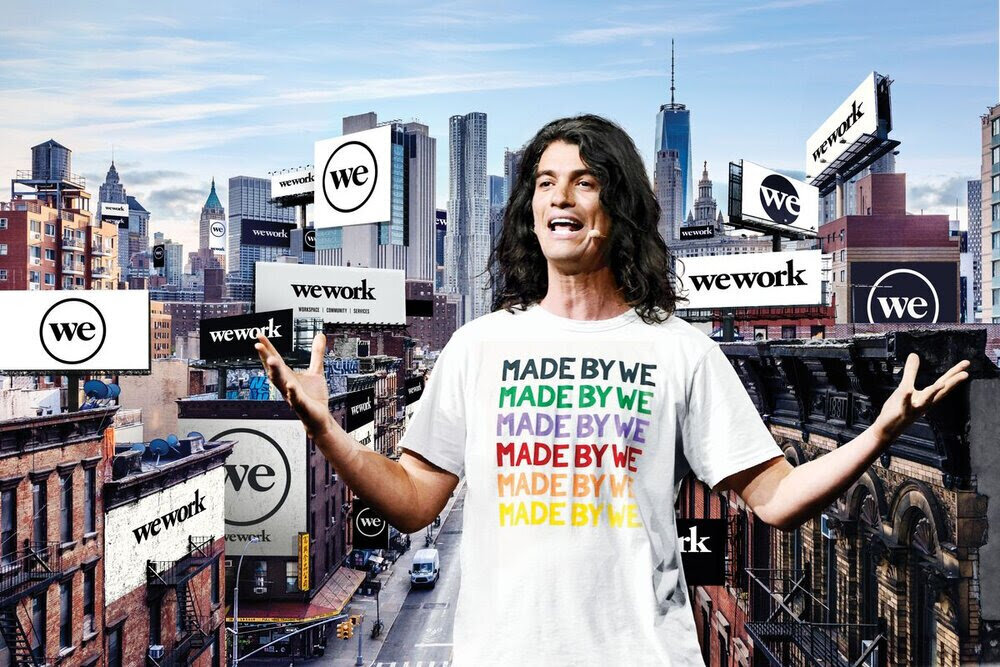#FutureOfWork Skills: Critical Thinking
”In 100 years, maybe in 300 years, a great-great-granddaughter of mine will say, ‘Hey… I actually control the place.’”
— Adam Neumann, founder of WeWork on his legacy in 2019
Adam Neumann had an infrared sauna in his office.
He used company money to invest in startups that sold wave pools and coffee creamer. He once announced cost-cutting layoffs, then threw a party featuring Run-DMC and tequila shots.
All of that is wild on its own, but even more so when you factor in the financials. WeWork lost 70% of its ~$47 billion valuation once it attempted (and failed) to IPO and its massive debt was exposed.
Today it’s a distressed asset, and Neumann is no longer CEO.
But this story isn’t about hubris. It’s about critical thinking.
What astounds me most about WeWork is not Neumann’s antics, but his board’s idleness.
Surely, they knew the state of things. And surely, they had agency.
Seems like it would take only a shred of integrity to speak up.
Of course, what’s obvious in hindsight is not always so at the time. Social pressure is a powerful motivator.
So it helps to have your personal values defined, and to look at your decisions from different angles.
Model all possible outcomes. How might the future look?
David Friedman, in Machinery of Freedom, writes that one of the most common failures in economics is to overlook the long view.
In 1970, his father, Milton, did just that when he opposed the addition of board members who supported safer, more fuel-efficient cars at General Motors. He thought those ideas were socialist.
In reality, that is what customers were soon to want—and GM’s competitors delivered.
If you can, find a way to get your personal biases out of the way. Be critical; question your own thoughts.
And perhaps take notes from Adam Neumann… stay humble.

